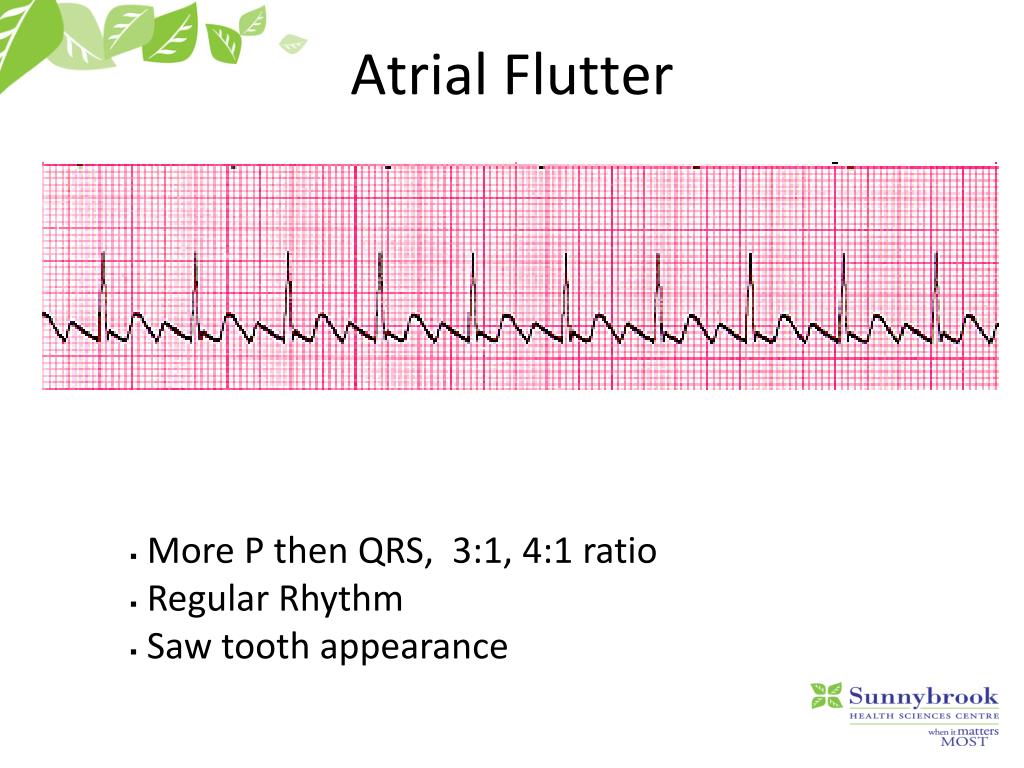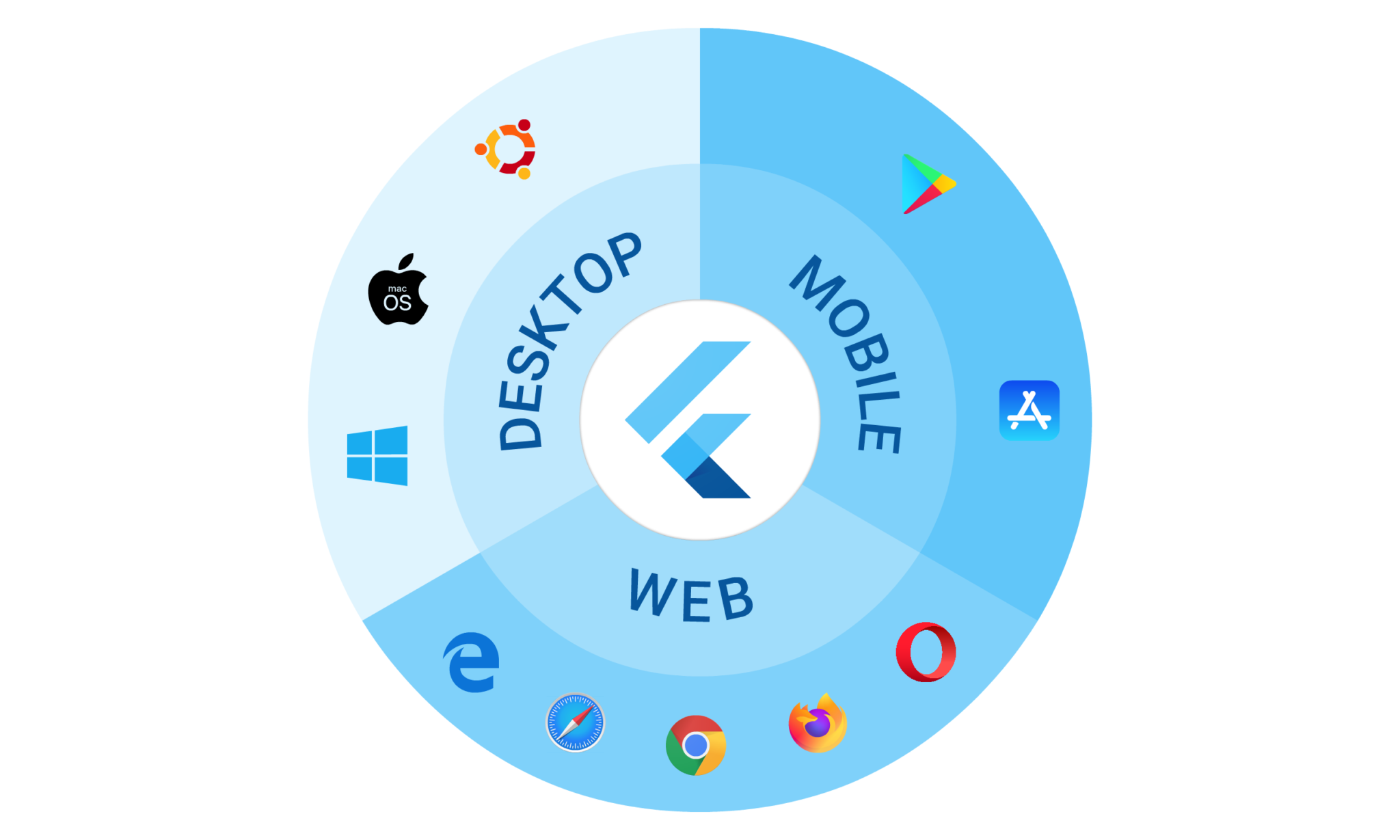

When the electrical pathways in the heart are not working well, your heart can't pump blood smoothly. There can be serious complications of atrial fibrillation.

Cardioversion - an electrical shock is given to your heart to reset normal rhythm.Medicines to help your heart go back to a normal rhythm or to slow your heart rate.There are several treatments for atrial fibrillation:

Treatment for AF will depend on your symptoms, the cause and what other health conditions you have. a 24-hour heart monitor (called a Holter monitor).Your doctor may order other tests such as: If you have symptoms of atrial fibrillation, your doctor will talk with you and examine you.Ītrial fibrillation is usually diagnosed using an electrocardiogram, or ECG. Atrial fibrillation can have serious consequences.įIND A HEALTH SERVICE - The Service Finder can help you find doctors, pharmacies, hospitals and other health services.ĪSK YOUR DOCTOR - Preparing for an appointment? Use the Question Builder for general tips on what to ask your GP or specialist. If you have symptoms that may be atrial fibrillation, it's important to see your doctor. If you have major surgery or a serious infection, this could trigger an episode of atrial fibrillation. have metabolic syndrome, diabetes or high blood pressureĪ less common cause is hyperthyroidism (an overactive thyroid gland).You are more likely to develop atrial fibrillation if you: It can run in families and gets more common as you get older. What causes atrial fibrillation?Ītrial fibrillation is the most common kind of heart arrhythmia. If your heart is in atrial fibrillation, your pulse will be irregular. have heart palpitations (this may feel like your heart is racing or beating too fast).Some people with atrial fibrillation have no symptoms. What are the symptoms of atrial fibrillation? However, if you have atrial flutter your heart will beat in a fast, but regular way. Paroxysmal atrial fibrillation is when atrial fibrillation starts and stops suddenly.Ītrial flutter is another heart rhythm problem that is a lot like atrial fibrillation. This is because there is a problem with the electrical pathways that control your heart rhythm.Ītrial fibrillation is also known as AF or AFib. When you have atrial fibrillation, your heartbeat may be fast and not regular. Atrial fibrillation is when your atria (the upper chambers of your heart) twitch or 'fibrillate' rather than pump normally. Related information on Australian websitesĪtrial fibrillation is a type of heart arrhythmia (abnormal heartbeat).Long-term management of atrial fibrillation.What are the symptoms of atrial fibrillation?.There are several treatments for atrial fibrillation, including medicines or a pacemaker.Having atrial fibrillation can increase your risk of stroke.Atrial fibrillation is a type of abnormal heartbeat.


 0 kommentar(er)
0 kommentar(er)
